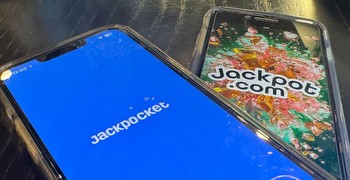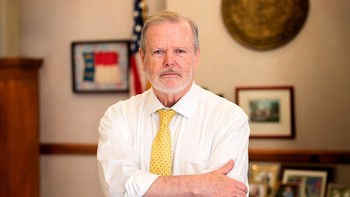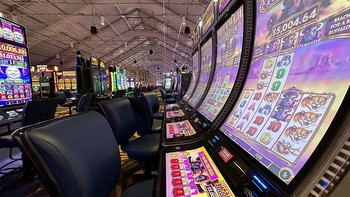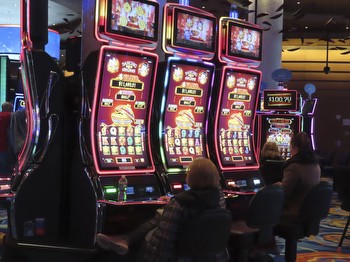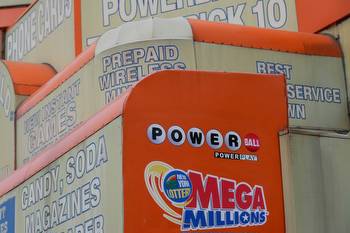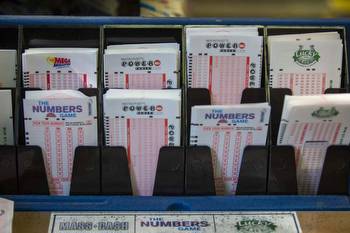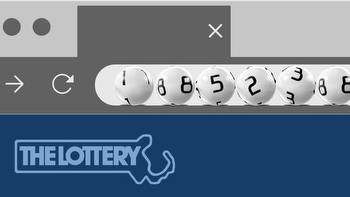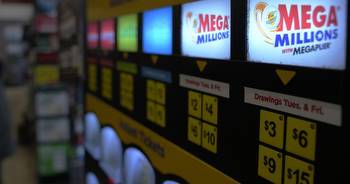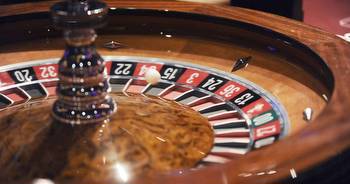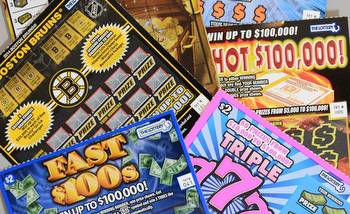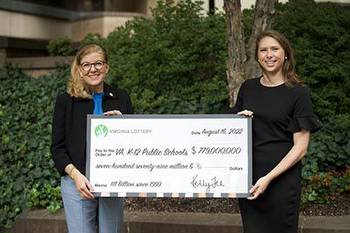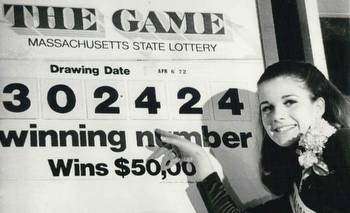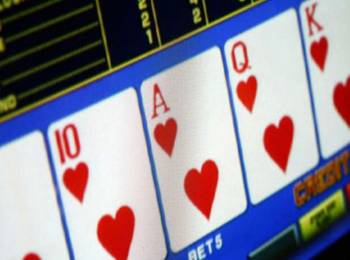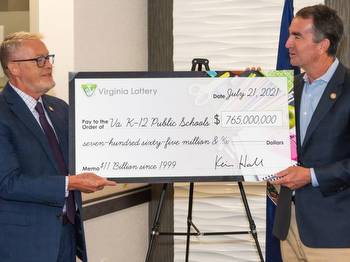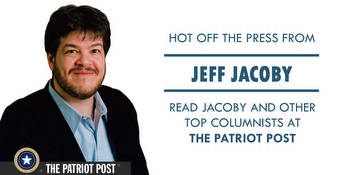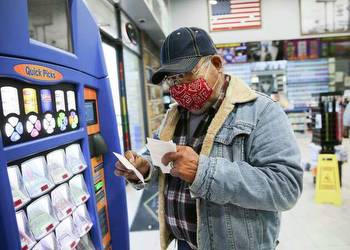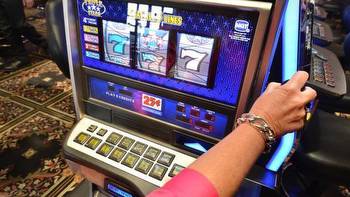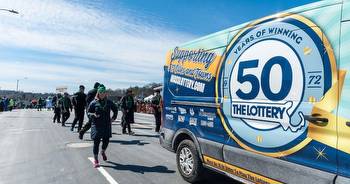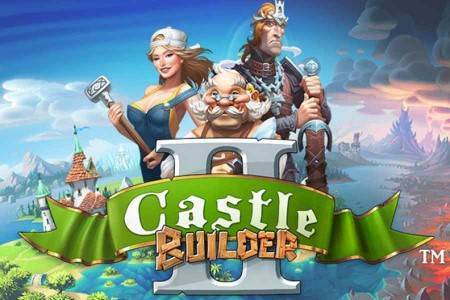Online lottery opponents: It will up negative effects on poor people
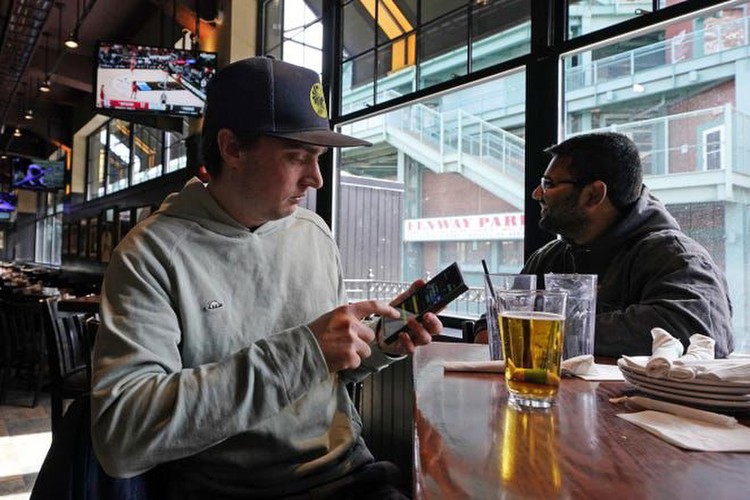
BOSTON —Gov. Maura Healey’s fiscal 2025 budget proposal to extend the Massachusetts Lottery online — an idea backed in previous years by the state Senate — has raised concerns from advocates about possible detrimental effects on vulnerable populations.
A plan to authorize a state online lottery is projected to generate $75 million in its first year, according to the State House News Service.
A move to online could expand the lottery's already large revenues, as State Treasurer Deborah Goldberg announced the lottery brought in about $1.19 billion in profits during fiscal 2023.
Les Bernal, executive director of Stop Predatory Gambling, a Washington, D.C.-based nonproft, said Healey's proposal is “the ultimate budget gimmick.” He said while the state generates new revenue, taxpayers end up carrying the financial burden of providing public services to people who lose money to the lottery.
“It’s the most predatory institution in Massachusetts,” Bernal said. “The state lottery has been a massive failure, it’s driven by greed, it’s not benefiting the public.”
There's also a bill in the Senate filed by Sen. Paul Feeney, D-Foxborough, to authorize an online lottery. Similar bills were drafted last term but died at the end of the session.
Milford sold more than $28 million in lottery tickets in 2023
In Milford, retailers sold slightly more than $28 million in lottery tickets last year, while retailers in Worcester sold about $204 million, according to Massachusetts Lottery Commission.
State Rep. Brian Murray, D-Milford, said the governor’s proposal as part of next year's budget was a legislative “breakthrough,” and that bringing the lottery online was “inevitable.”
“It’s definitely something to look at, specifically where that money goes back to cities and towns, which is vital for local aid, for municipalities to support their schools, their police, their fire departments,” Murray said.
Mark William Bracken, executive director of the Lottery Commission, said an online lottery is “no more a question of if but a question of when.” Eleven other states have put their lotteries online, including New Hampshire, Michigan and Georgia.
Director says Mass. lottery is most profitable in the country
The Massachusetts lottery system is the most profitable in the country, Bracken said, and putting it online follows in the footsteps of other products that have been made available online such as sports betting and marijuana.
“We need to be able to meet our players where they are at, and where some of our players are at is online,” he said.
Healey’s proposal also serves to cut out the need for third-party apps like Jackpocket that buy lottery tickets and deliver them to consumers, Bracken said. Unlike these apps, the state would not charge fees for online purchases and would be able to collect revenue from the online market.
Bracken said an online lottery would allow the state to implement better anti-addiction practices like self-exclusion and spending limits. Currently, the lottery’s only protection is that you have to be 18 years or older.
Opponent says most lottery revenue derived from 'out-of-control' players
But Bernal said gambling addiction has shown to be as severe as addiction to opioids, and the majority of lottery revenue is derived from a small percentage of “out-of-control lottery players.”
He said the lottery creates gambling addicts by not only targeting younger people, with its use of cartoon figures in its marketing, but also poorer populations with check-cashing stores in low-income communities.
“They’re gonna know a lot about their customers, but they’re not going to protect them,” Bernal said. “They’re gonna incentivize … giving you constant action.”
The Lottery Commission recently released a new $50 scratch ticket, Bracken said, which were featured in a Super Bowl ad. The new tickets offer a smaller profit margin for the state, he said, but players have a higher chance of winning, with the state paying out 82 cents for every dollar in prizes.
However, Bernal said it really means that for every $50 wagered you lose nearly 20 cents on the dollar. He calls that “juicing the ticket,” where people chase their losses instead of putting money into savings or paying off debt.
“The solution is to allow people to gamble privately, but keep the state out of it,” Bernal said.








